Ed Deming, the godfather of business efficiency, once said, “He that would run his business on visible figures alone will soon have neither business nor visible figures to work with”. That’s a surprising point of view by someone who created one of the most effective models of integrating statistics into business strategy. After all, aren’t statisticians all about numbers? Ed Deming sure wasn’t. In fact, after he was given the cold shoulder by the American auto industry, he was welcomed with open arms by the Japanese after WWII, and we know how that worked out. It wasn’t long before reliability, fuel efficiency, and record sales became synonymous with Japanese cars as rust accumulated in Detroit, Lansing, and Dearborn. Another brilliant, American thinker, the late Colonel John Boyd, would pound his fist on the table to emphasize a similar truth, “people, ideas, technology, IN THAT ORDER!” Machines don’t win wars. Numbers don’t guarantee business success. Ideas in no way ensure a positive outcome, people do. Whether we’re digging water wells or planning a mission to Mars, we’re in the people business. If you give credence to ancient Chinese philosophers consider that in the 5th Century Sun Tzu said, “Numbers alone confer no advantage”. In the 17th Century the samurai-philosopher, Miyamoto Musashi, grunted, “it does not matter who is stronger or who is faster”. For best effect read that Musashi quote in the voice of a B-movie samurai warrior. Chet Richards teaches us, “Quite often the smaller, or less technically advanced side wins”. (Consider Honda and GM in 1946 or WalMart and Sears in 1964.) If numbers, strength, and speed won’t guarantee a win for us, what does? It is at this juncture that pronouns matter for the question is not “what” does, but “who” does. People do. People generate and perpetuate success.
Therefore, job one for any business should be to become exceptionally adept at attracting, developing, and inspiring people. The “best and the brightest” will collectively create and implement exceptional ideas while at the same time they optimize the most effective “machines” to win in the marketplace. Of course, strategy, planning, R&D, product placement, marketing, and agility are all necessary and important. But without people, especially the right people, everything else is just expensive, time consuming Strum Und Drang.
While, perhaps, not carrying the clout of ancient, Chinese philosophers, cowboy wisdom then tells us, “the first thing to do when you get somewhere is take care of the horse you rode in on”. That should give cowboys some measure of rank on the philosopher scale. And it’s advice we best heed because giving an employee a job, a check, and, perhaps, some measure of benefits isn’t enough anymore (if it ever was). OK, it might be enough for a company that keeps plugging along with the also-rans and while struggling with chronic turnover. The marketplace is very effective at culling the also-rans. I’ve written many times before and, like Boyd, will keep pounding the table that successful leaders excel at two basic things: equipping people to solve their own problems and inspiring them to do uncommon things they otherwise wouldn’t do. Great leaders, successful leaders know the value of their people, take exceptional care of their people, and, therefore, get the most out of their people. Finally, after all these years we have an answer to the compelling question, “who’s on first?” PEOPLE are on first.
Originally published in Beaumont Business Journal, Heat And Humanity Column


